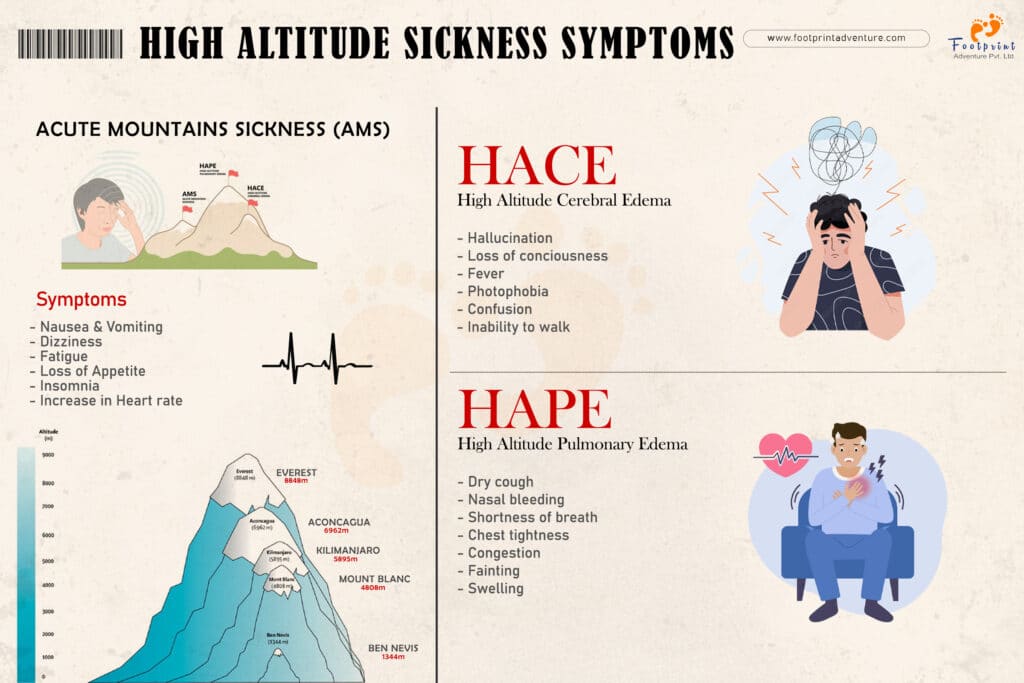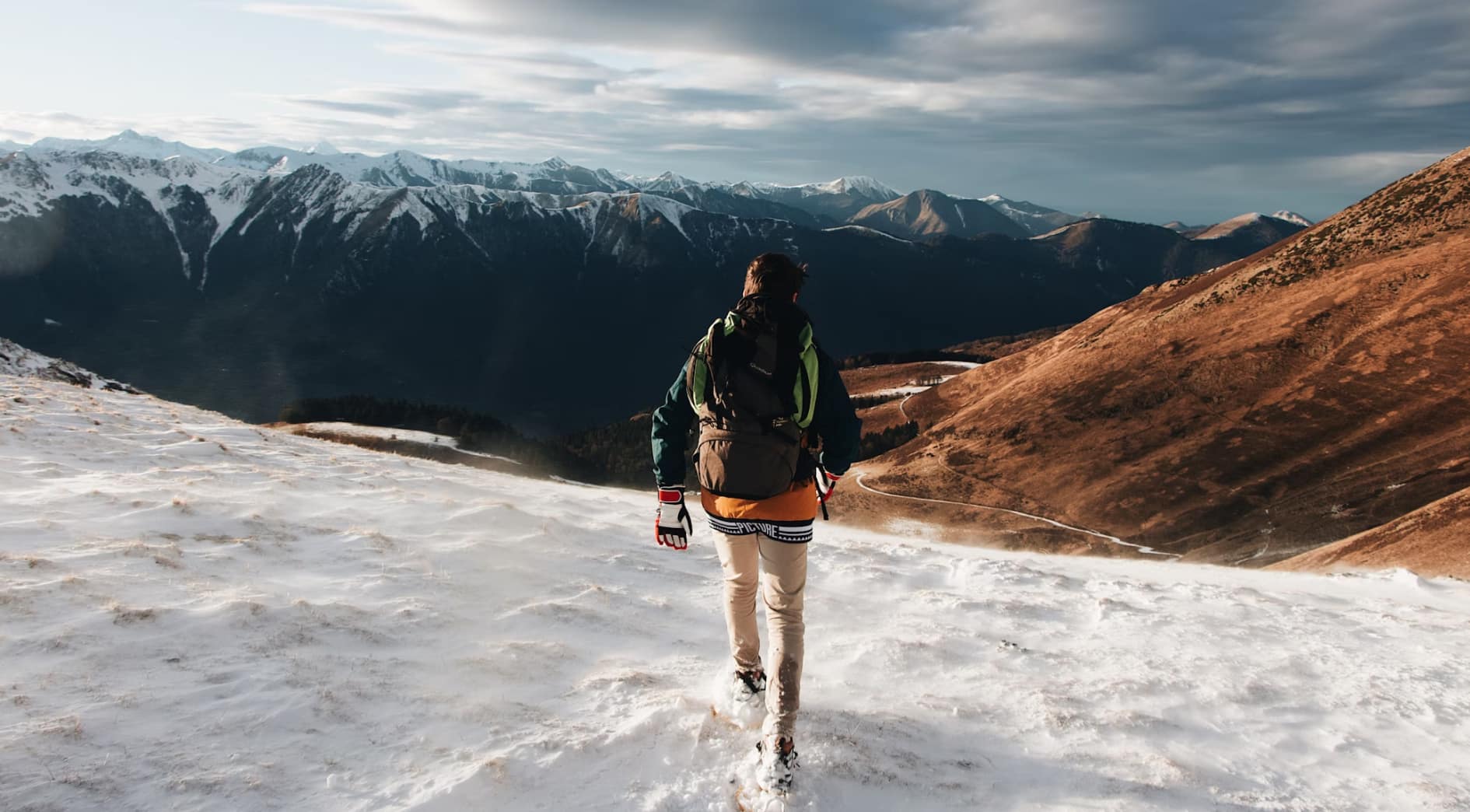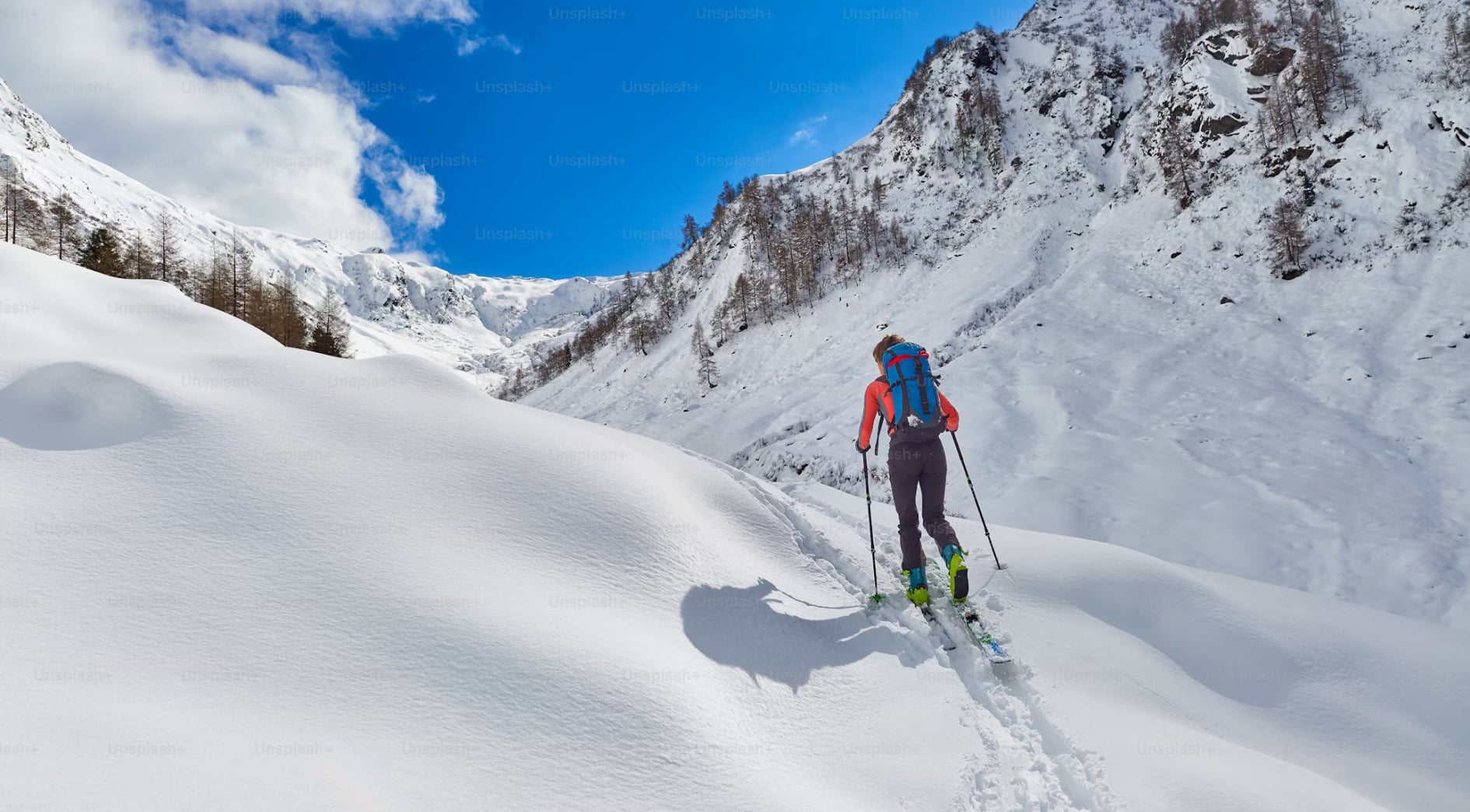Planning a trip to Big Sky? With its breathtaking views and endless outdoor activities, Big Sky is the perfect destination for adventure seekers and nature lovers alike. However, the higher elevation can present challenges for those not accustomed to it. Altitude sickness can put a damper on your vacation, but with a little preparation, you can minimize its effects and fully enjoy your time in the mountains. In this guide, we’ll share essential tips to help you prepare for high altitude and make the most of your Big Sky adventure.
Understand Altitude Sickness Before you arrive, it’s important to know what altitude sickness is and how it might affect you. At higher elevations, the air contains less oxygen, which can lead to symptoms such as headaches, nausea, dizziness, and shortness of breath. Understanding the symptoms and how to prevent them is the first step in preparing for your trip.

Hydrate, Hydrate, Hydrate Staying hydrated is crucial when traveling to high altitudes. Dehydration can worsen the symptoms of altitude sickness, so it’s important to start drinking plenty of water before you even arrive in Big Sky. Aim to drink at least 8-10 glasses of water a day, and avoid excessive consumption of alcohol and caffeine, as these can dehydrate you.
ake It Slow on Arrival When you first arrive at a higher altitude, it’s best to take it easy for the first 24-48 hours. Give your body time to adjust by avoiding strenuous activities. Instead, spend your first day exploring the area at a leisurely pace, enjoying the scenery, and letting your body acclimate naturally.
Consider Oxygen Rentals One of the most effective ways to combat altitude sickness is by using supplemental oxygen. Big Sky Oxygen offers convenient oxygen concentrator rentals delivered right to your vacation home or hotel. This can help alleviate symptoms and ensure you’re feeling your best throughout your stay. It’s an easy, non-invasive way to boost your oxygen levels and prevent altitude sickness from ruining your trip.
Listen to Your Body Even with the best preparation, it’s important to listen to your body and recognize when you need to take a break. If you start to feel any symptoms of altitude sickness, don’t push through them. Rest, hydrate, and use supplemental oxygen if needed. Your health and well-being come first, and taking care of yourself will ensure you can fully enjoy your time in Big Sky.
Conclusion: Preparing for high altitude doesn’t have to be daunting. With these tips, you can minimize the effects of altitude sickness and focus on the incredible experiences Big Sky has to offer. Remember, staying hydrated, taking it slow, and considering oxygen rentals can make all the difference in how you feel at elevation. Breathe easy and enjoy your mountain adventure!


